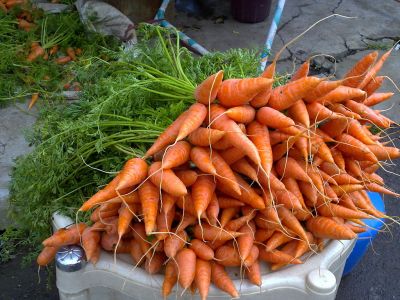While organic food markets and agriculture have come a long way in Europe, there is room for much improvement to achieve a more sustainable sector. Research in areas such as energy inputs, nature conservation, adaptation to climate change, animal welfare and sustainable production are all important in advancing the sector.
The EU-funded project 'Coordination of European transnational research in organic food and farming systems' (
CORE ORGANIC II) aimed to boost projects in this sector and encourage improvement in different ways.
More specifically, the project worked on launching transnational calls on the topic, while reinforcing and consolidating organic food research in the EU. It advanced collaboration among stakeholders and built long-term partnerships through different mechanisms, ensuring the dissemination of results on European and global scales. Efforts also centred on articulating best practices and tools to conduct transnational research in order to promote organic farming and associated food systems.
To achieve its aims, the project identified and selected specific research areas that benefit the sector, organising three calls for EU-funded projects related to the topic. The first call in 2010 funded 11 projects with about EUR 9 million in total. The second call in 2011 funded an additional 2 projects related to organic food markets and plant breeding, with funding of almost EUR 5 million. The third call, a pilot project in 2012 using the real common pot instrument, funded 1 project of nearly EUR 1 million.
Altogether 14 projects were launched. CORE ORGANIC II organised seminars to introduce each one and disseminate emerging results to the public. All publications from the projects can be found at
Organic Eprints. The 11 first projects are about to disseminate their final results which can also be followed in Organic Eprints and through project dissemination websites at the main CORE Organic II website.
The project's findings are expected to enhance the European Research Area (ERA) in the field of organic agriculture, improve funding for the sector and encourage development. The 14 research projects are designed to support the demand for organic food and products while furthering best practices. This being done in line with organic principles and contributing to more sustainable food production. More competitive and eco-friendly agriculture that respects animal welfare is on the horizon for Europe.

